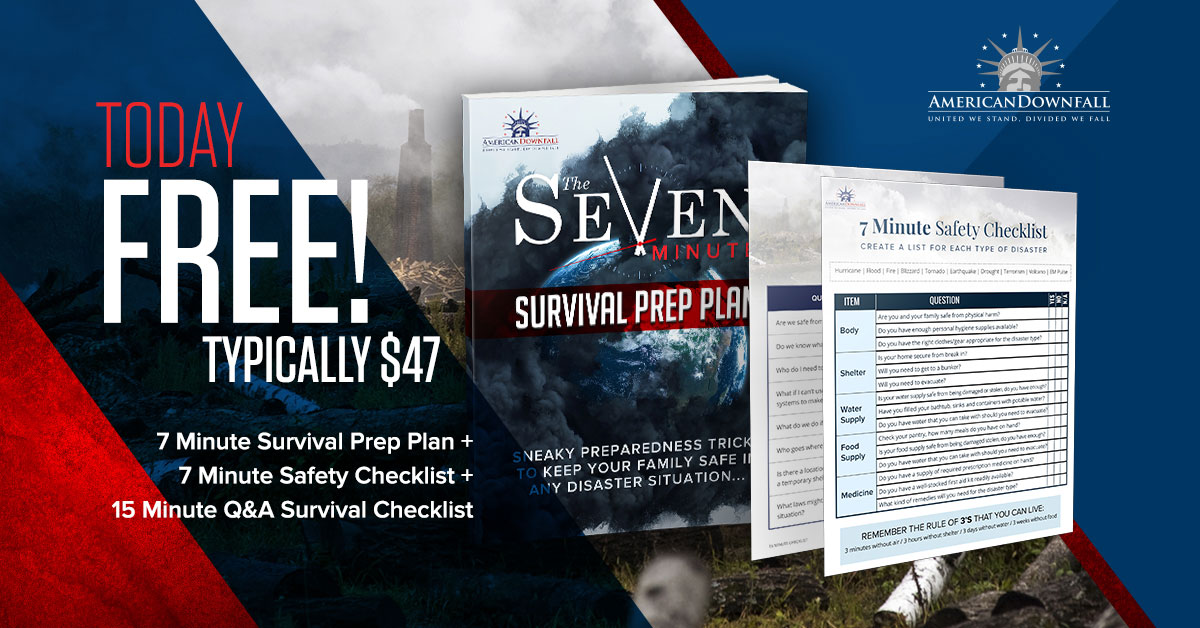When preparing for medical needs, oftentimes preppers will just make sure to have the standard first aid kit items on hand and assume that’s good. Short-term treatment of wounds, bruises, and scrapes is great, of course. But you have to keep in mind that if you’re preparing for a long-term post-disaster scenario, you’re not just dressing for superficial wounds, you’re preparing yourself for a world without functioning hospitals or clinics.
Here are some overlooked medical supplies you might not have thought of stocking up on:
1. Plastic
Plastic sheeting or even thick black plastic garbage bags are crucial, especially for an outbreak or serious infection. You can keep a room sterile or keep people in quarantine by hanging several sheets of plastic to enclose germs in an area. And, while it might be grim to think about, to dispose of a body in a sanitary way, this can be very handy.
2. Respirator masks
Respirator masks are a common supply in hospitals and are passed out during an outbreak or in a contaminated zone. Exposure to germs, mold, even toxins can be reduced with these simple and cheap masks. Stock up on them by the box; they’ll also be in high demand should the conditions arise that you might need them.
3. Scalpels
You probably can’t become certified as a surgeon in your spare time while preparing for disaster, but this is an important medical instrument that you’ll definitely want to have on hand for treating injuries.
4. Books
We rely on the internet so much these days, but medical reference books and first aid manuals will be invaluable once the grid goes down.
Related Article: How to Use Iodine for Survival
5. Electrolytes
Clean water is a crucial aspect of survival preparedness, and electrolytes might be life-saving in many post-disaster scenarios. There are many medical conditions and even injuries that can be greatly helped with the use of electrolytes, so stock up on something like Pedialyte or even powder electrolyte you can add to clean water to help in cases of dehydration, stomach illness, dysentery, or flu.
When it comes to preparedness, expect the unexpected. Try to think of the bigger picture when preparing for medical needs, because you never know what you might need to treat.
If you enjoyed this, you might also like….




